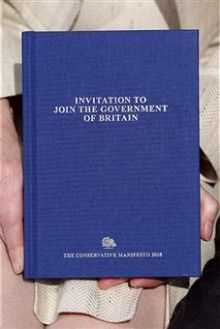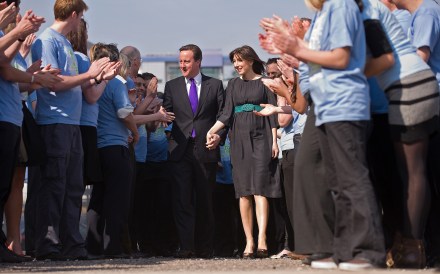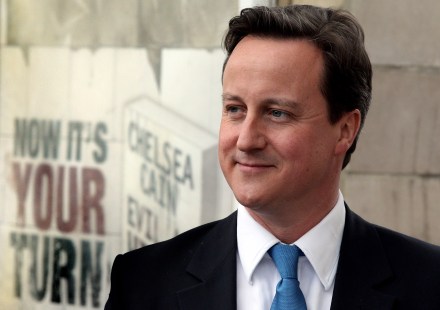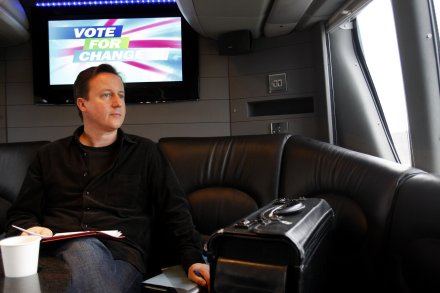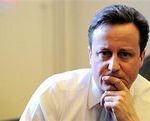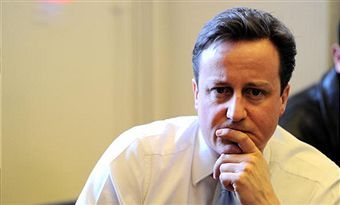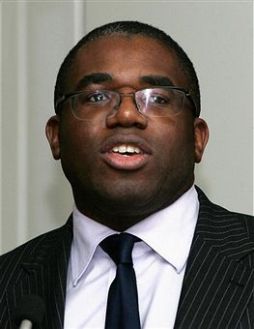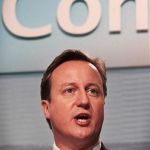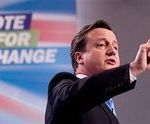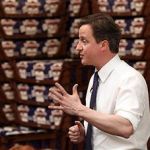The Big Idea Competition
Whatever your political leanings, it is hard to deny that the Tories won the Big Idea Competition. The Labour Party offered a series of unconnected (if occasionally innovative) initiatives. But they lacked coherence. Their manifesto had what Peter Mandelson called “Blair Plus”, but also what could be referred to as “Prescott Squared”. “What’s The Big Idea?” asked Sky’s Niall Paterson. The Tories on the other hand have a Big Idea – decentralisation. Giving power to citizens in a number of different ways. It is a concept that gives shape to the Tory manifesto, providing a ready stock of sound-bites. But why do we need Big Ideas, as opposed to
